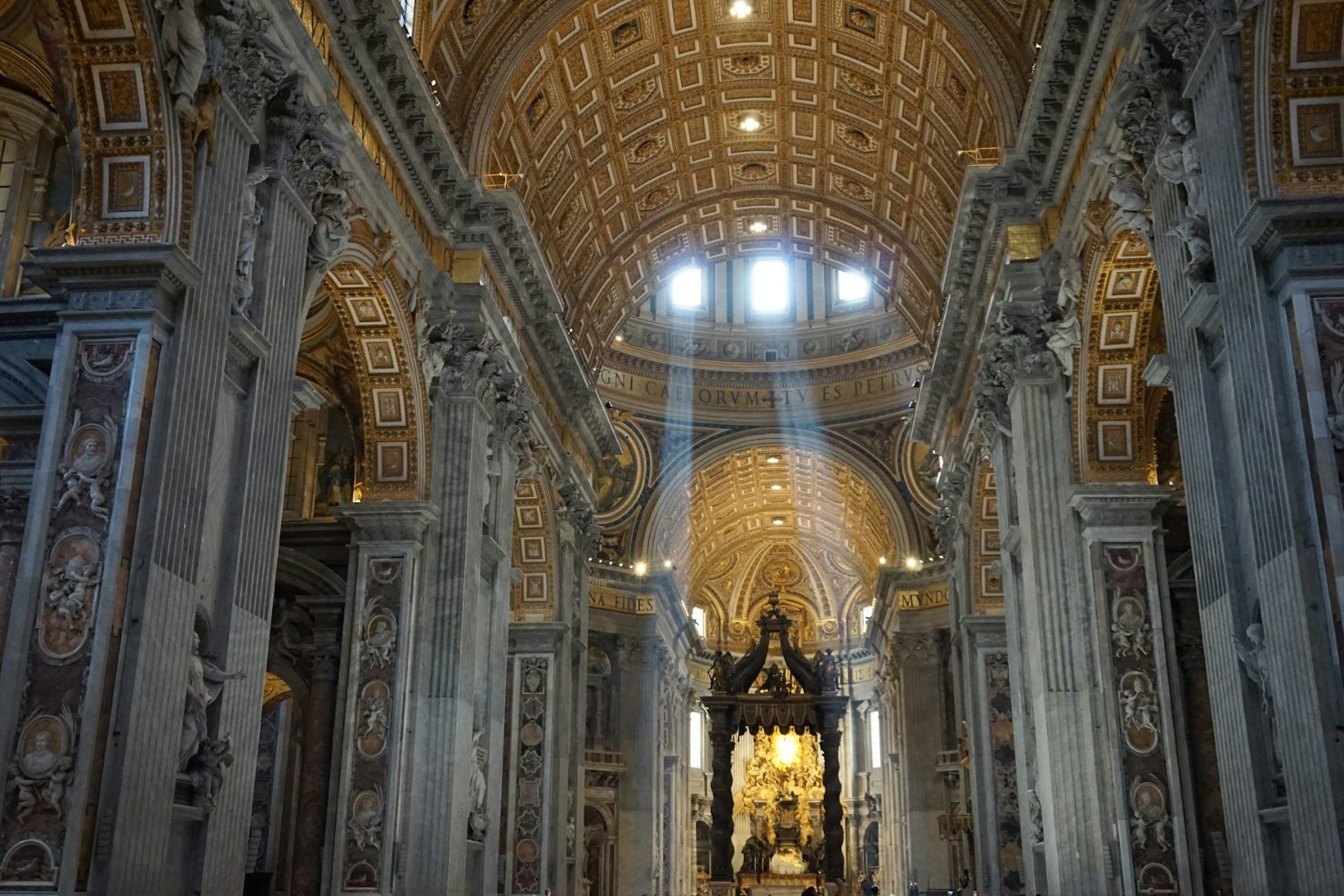Understanding the Significance of Lent
Lent is a solemn 40-day period of penance and spiritual preparation for Easter in the Catholic Church. It begins on Ash Wednesday and culminates on Holy Thursday. Lent is a time for Catholics to reflect, repent from sin, and strengthen their relationship with God through acts of prayer, fasting, and almsgiving.
The Historical Background of Lent
The origins of Lent can be traced back to the early Church, where it was a time of preparation for the newly baptized. By the 4th century, Lent had become a universal practice within the Catholic Church. The specific length of 40 days is believed to symbolize the 40 days Jesus spent fasting in the desert.
The Pillars of Lent
- Prayer: Prayer plays a central role in Lent. Catholics are encouraged to increase their time in personal prayer, communal worship, and the reading of Scripture.
- Fasting: Fasting is a physical discipline that helps to create space for spiritual growth. Traditional fasting in Lent involves abstaining from meat and/or limiting the amount of food consumed on certain days.
- Almsgiving: Almsgiving is an outward expression of charity and compassion towards those in need. Catholics are urged to give generously to the poor and to support charitable causes during Lent.
Observances During Lent
- Ash Wednesday: Lent begins with Ash Wednesday, a day of fasting and prayer. Catholics receive ashes on their foreheads as a reminder of their mortality and the need for conversion.
- Sundays in Lent: Sundays are not considered part of the 40 days of Lent. They are celebrated as “mini-Easters,” with a focus on joy and the hope of Christ’s resurrection.
- Holy Week: The final week of Lent is known as Holy Week. It begins with Palm Sunday and includes the Triduum (Thursday, Friday, Saturday), culminating in the celebration of Easter Sunday.
Spiritual Benefits of Lent
- Increased Faith: Lent provides an opportunity to deepen one’s relationship with God through increased prayer and spiritual practices.
- Self-Discipline: Fasting and other forms of penance help to develop self-control and discipline.
- Compassion and Generosity: Almsgiving fosters empathy and encourages a spirit of giving towards others.
- Preparation for Easter: Lent serves as a spiritual preparation for the joy and renewal of Easter, the celebration of Christ’s resurrection.
Tips for Observing Lent
- Choose a specific prayer practice: Dedicate time to daily Scripture reading, meditation, or the Rosary.
- Consider fasting and other forms of penance: Consult with a spiritual director or priest to determine appropriate practices.
- Support charitable causes: Make a financial contribution, volunteer your time, or simply offer prayers for those in need.
- Participate in communal observances: Attend Ash Wednesday services, Sunday Masses, and other Lenten liturgies.
- Focus on personal growth: Set aside time for reflection and examine areas in your life where you can improve.
Conclusion
Lent is a transformative season in the Catholic Church that invites us to embark on a journey of spiritual renewal. Through prayer, fasting, and almsgiving, we create space for God to work in our lives and prepare our hearts for the joy and victory of Easter. By embracing the pillars of Lent, we strengthen our faith, deepen our compassion, and draw closer to the Risen Christ.



